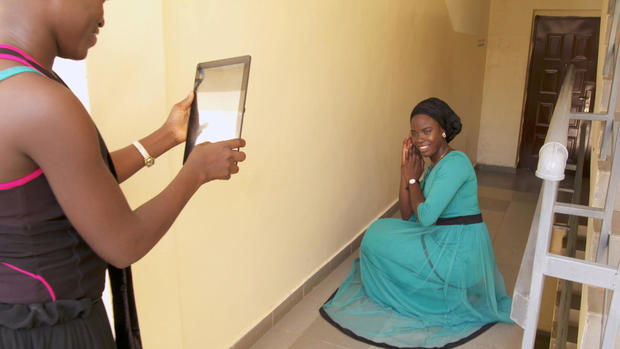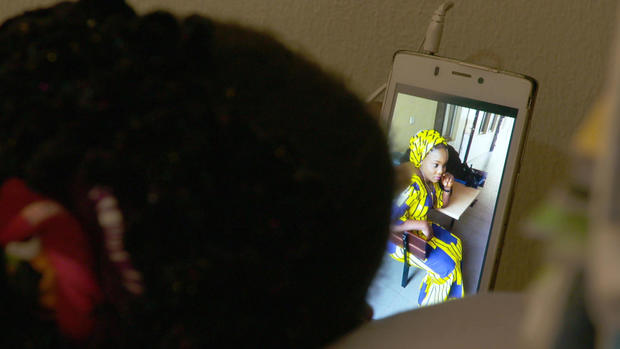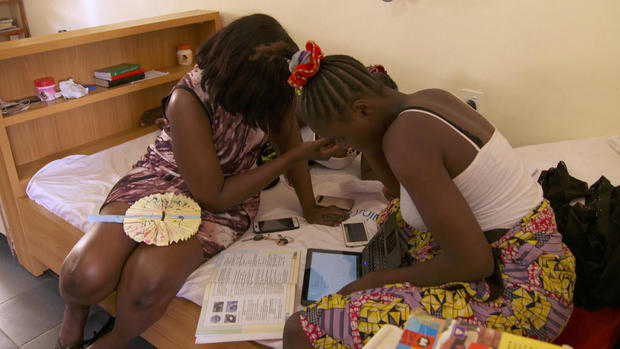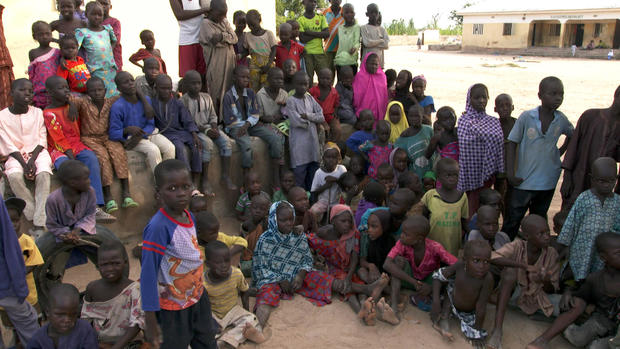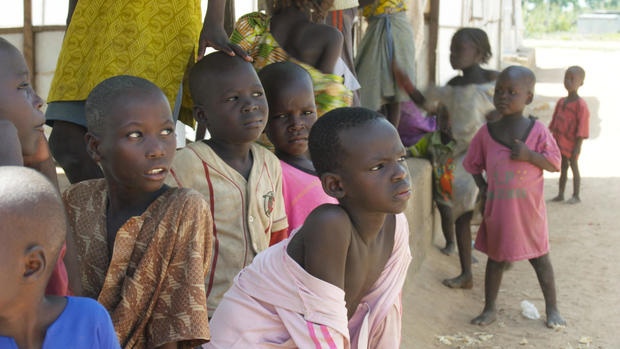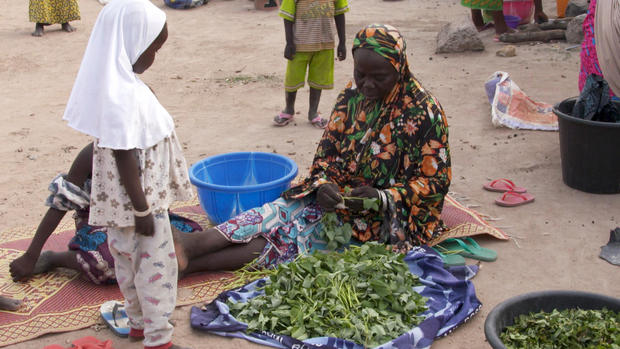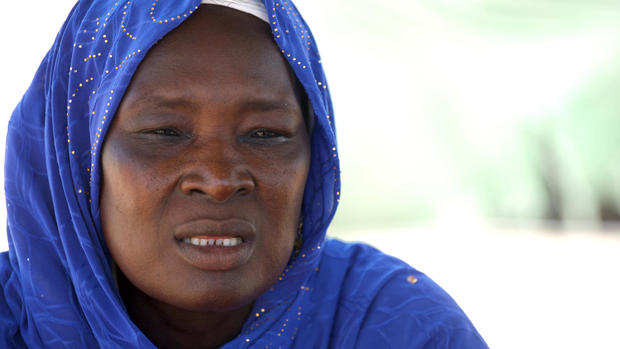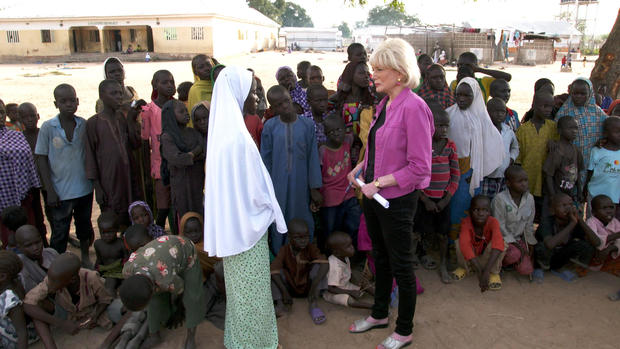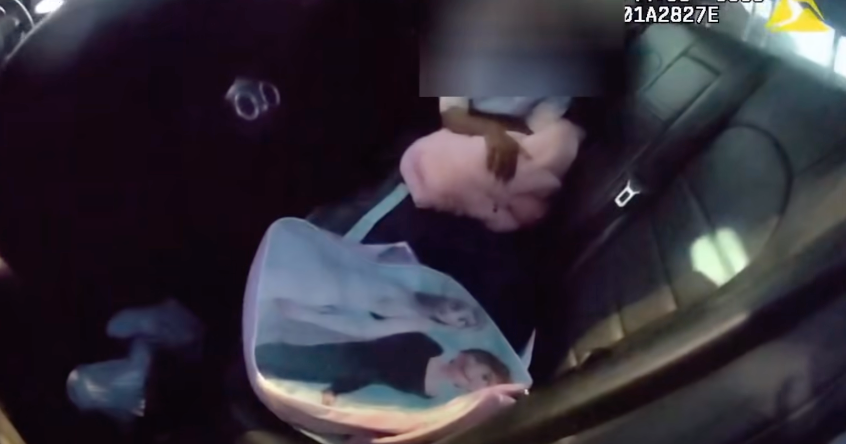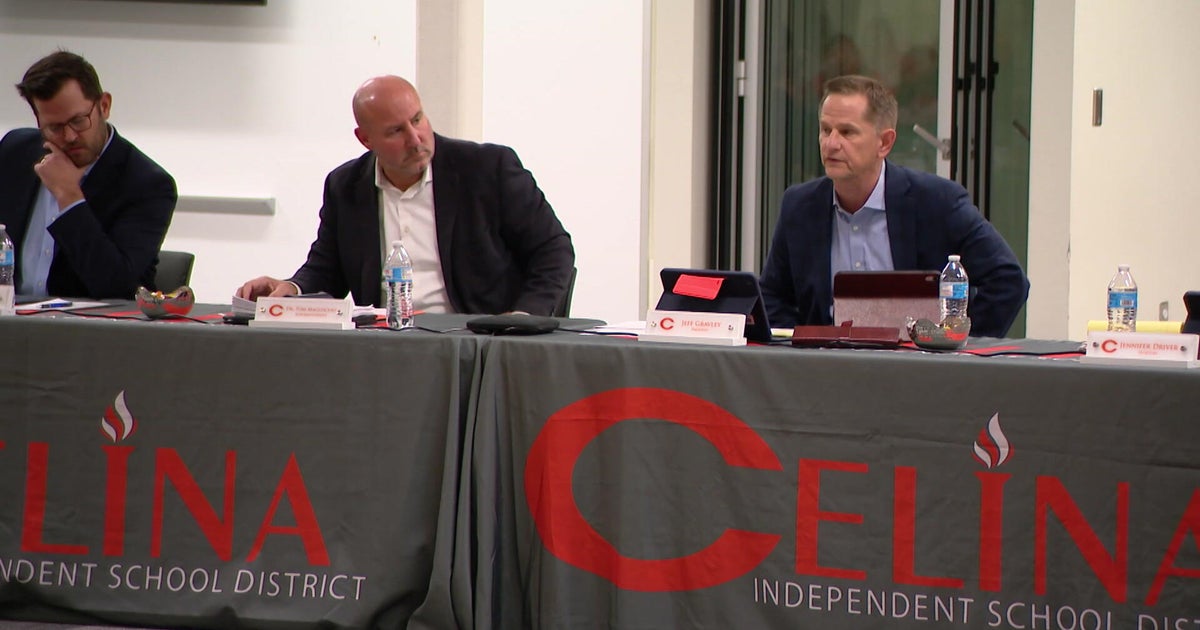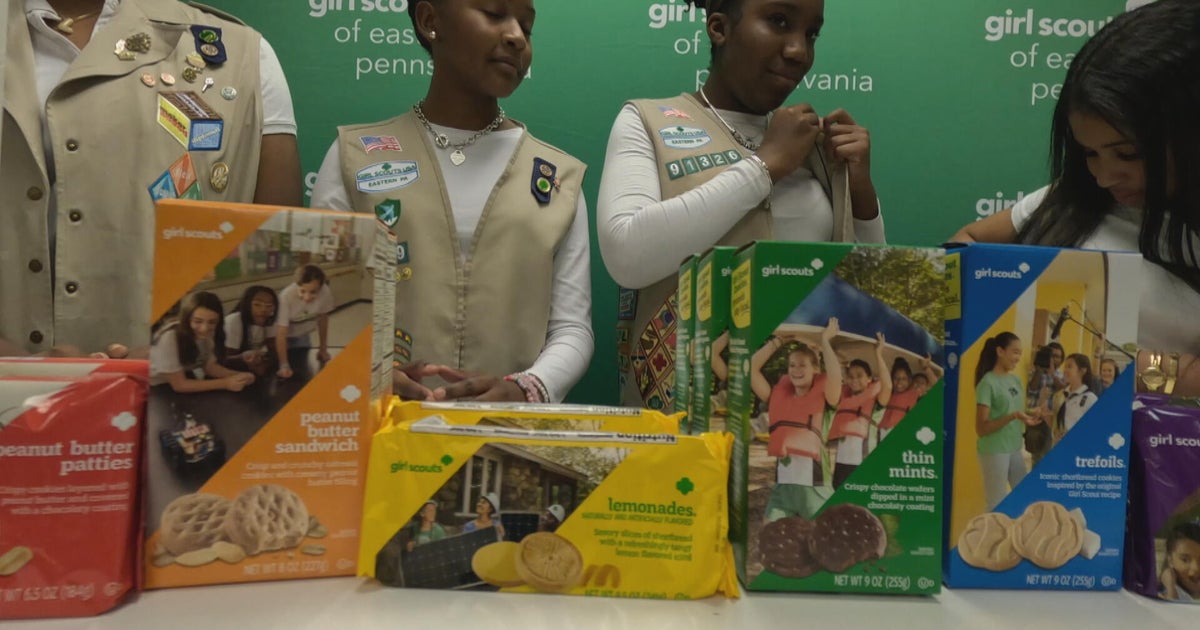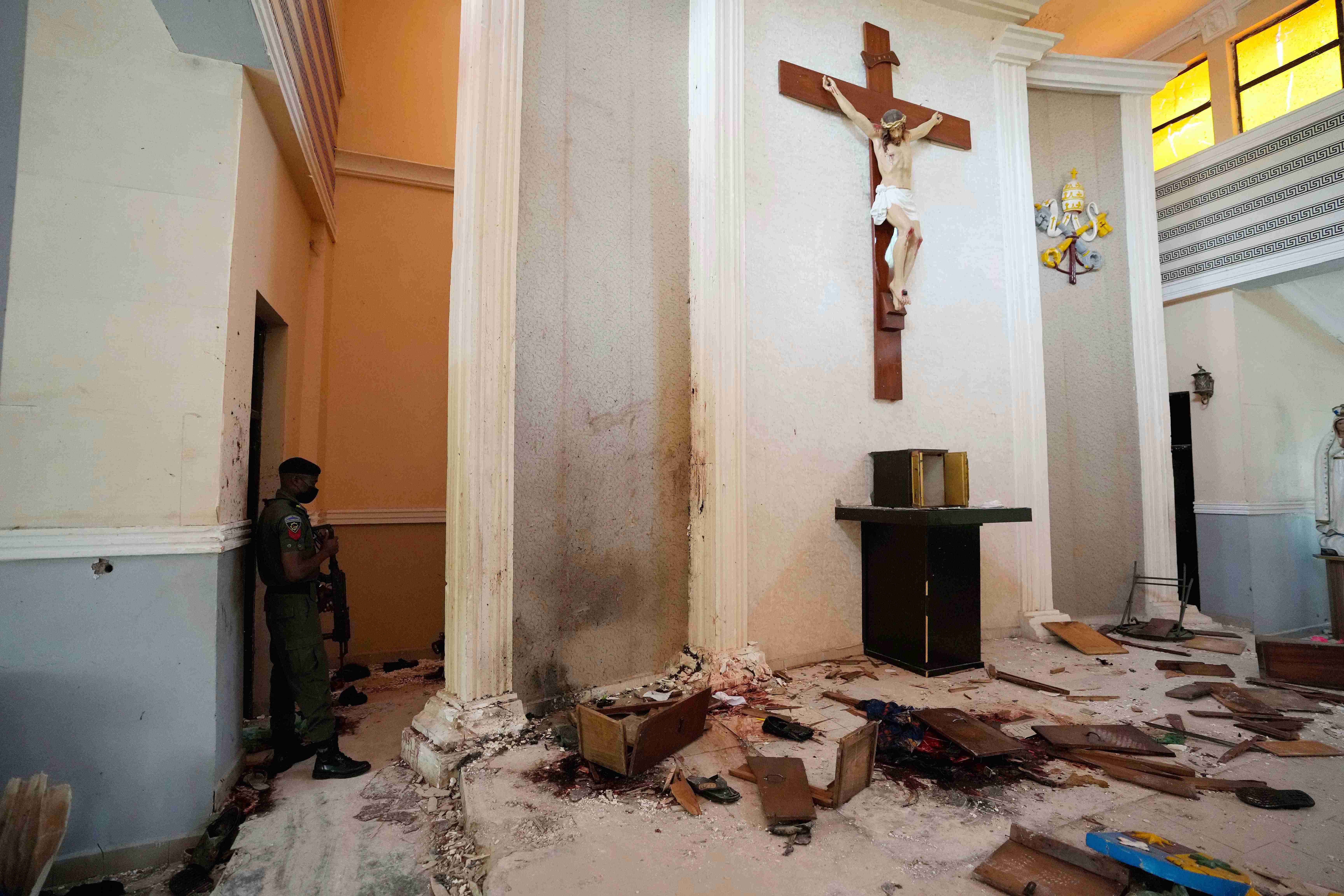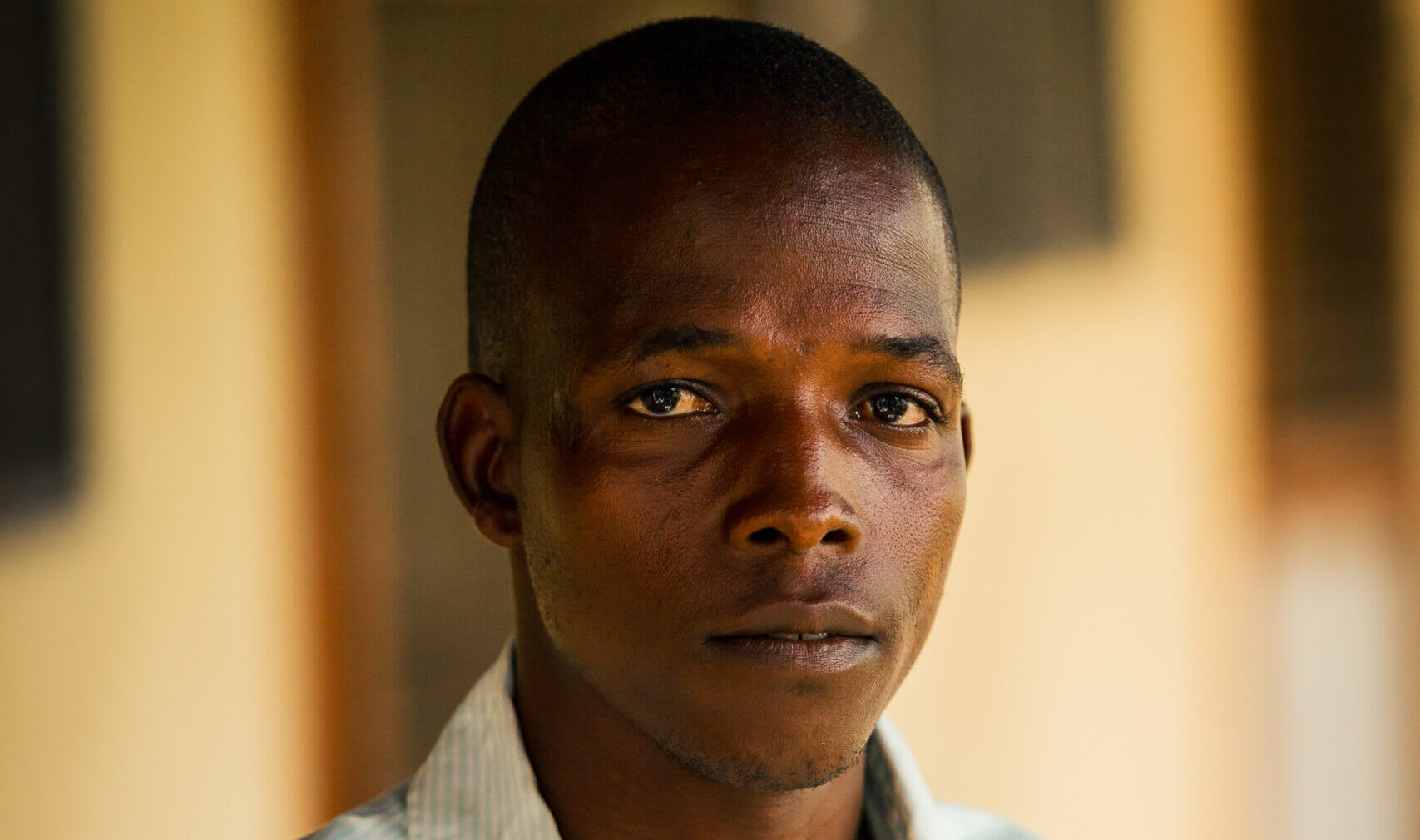Beyond the Chibok girls: Inside Nigeria's IDP camps
In April 2014, militants with the Islamic terrorist group Boko Haram abducted 276 girls from their school dorm in Chibok, Nigeria. The social media campaign to return the girls became an international sensation, with a hashtag demanding #bringbackourgirls. Michelle Obama tweeted it, so did Malala.
The Nigerian government eventually negotiated the release of 103 girls, fewer than half of those taken. As 60 Minutes correspondent Lesley Stahl reports this week on the broadcast, most of the girls who were released now attend a school paid for by the Nigerian government and a few donors. The school is set up specifically for the girls, and it includes therapy sessions, English language lessons, and laptops connected to Wi-Fi.
While the international spotlight has shined on the schoolgirls from Chibok, however, Boko Haram has also kidnapped or displaced thousands of other women and girls whose stories are seldom told.
"We have tried to stress to the press that it doesn't do any good to focus on this tiny group that have had the same experience as all these others," said Fatima Akilu, the executive director of the Neem Foundation, which provides pyscho-social care for victims of violence in Nigeria. "We think you should focus on these few, but you should [also] show the others who are suffering. This is something that is going to affect a generation of girls, not just a few hundred."
The United Nations High Commissioner for Refugees (UNHCR) estimates that Boko Haram has displaced more than 2 million people in Nigeria. The Nigerian government runs camps for internally displaced people (IDP) that house hundreds of thousands, including women who, like the Chibok girls, escaped after being kidnapped by the militant Islamic group.
"Apart from humanitarian assistance, [IDP camp residents] also need psychological trauma support," Akilu said. "A lot of them have experienced repeated rapes [under Boko Haram], and some of them continue to suffer in the camps. It's not a picnic in the camps. Access to education is poor for a lot of them."
A 60 Minutes team recently observed the stark disparity between the Chibok girls' lives and those living in IDP camps. Stahl, along with producers Alexandra Poolos and Kate Morris, first visited the Chibok girls at their school in Nigeria's Adamawa State, then traveled to the Malkohi camp, a small IDP camp only 30 minutes away.
"The contrast was striking and almost painful to see," Stahl told 60 Minutes Overtime in the video above.
The women 60 Minutes spoke with in the Malkohi camp said they don't have enough food to eat; the monthly rations are meager and must be shared among many. Some forage for wild leaves in the bush to supplement their diets.
"Why that's so striking is because that, eating grass, was the condition that the Chibok girls were in under Boko Haram," Stahl said.
One of the women in the camp, a middle-aged woman named Fatima, told 60 Minutes that she, too, had been kidnapped by Boko Haram. She said she was held for four months before escaping with the help of a Boko Haram militant, who quietly released her at the Cameroon border.
For more than four years, she has lived at Malkohi camp, where she said the conditions are awful.
"They only give two measures of rice for the whole month," she said. "See how our children are really getting no soap, no nothing, no sleep mat, no lodging."
Fatima brought the 60 Minutes team into the area where she sleeps, a small room with mats on the floor that she said she shares with five others. As she began to complain about the setup, a representative with the camp interrupted her, pulled her aside, and told her not to let cameras film inside.
In an interview with Al Jazeera last March, Bitrus Samuel, the National Emergency Management Agency's head in Abuja, said the Nigerian government says it is doing everything in its power to meet the humanitarian needs of IDPs across the country.
"IDPs issues have always been and will always be a priority for our government," Samuel said.
The 60 Minutes team saw the contrast between the Chibok girls and the women in the IDP camp most acutely with another, younger woman named Fatima, who is about the same age as those in school 30 minutes away.
"I had just come from the school, where these girls, I mean their lives are all about their future, wide open," Stahl said. "And here is a girl, same age, seeing no path out for herself."
The younger Fatima told Stahl that Boko Haram insurgents had chased her family away from their home, and because the group is still killing people in her hometown, her family thinks it's safer to stay in the IDP camp. Fatima does not attend school; she said her family cannot afford it.
"I'm very unhappy because I'm not doing anything," she said. "I don't have a job. I don't have a vocation."
When Stahl asked her if she has hope for the future, she simply shook her head: "No."
To watch Lesley Stahl's 60 Minutes report about the Chibok girls and their new school, click here.
The video above was produced by Brit McCandless Farmer and Will Croxton. It was edited by Will Croxton.
